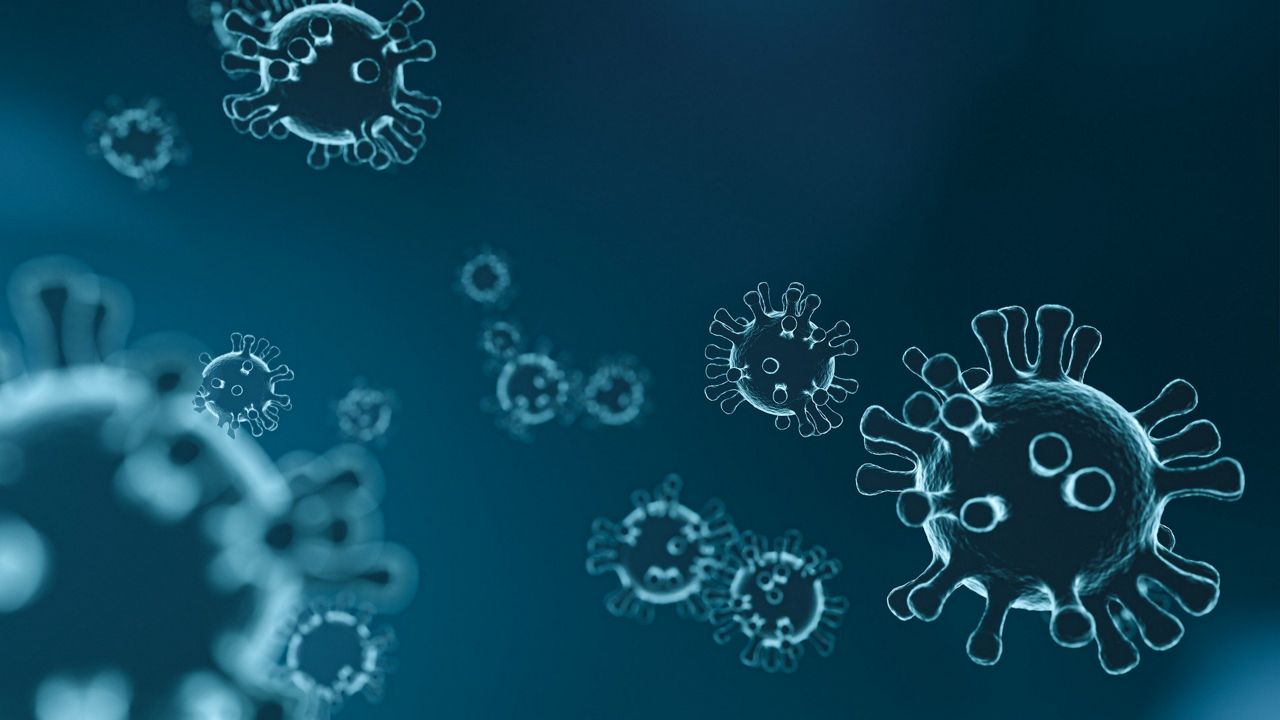NATIONWIDE — One of the biggest questions about the new coronavirus is whether people who survive it become immune.
Can a person who has fully recovered from the virus resume normal life, without having to worry about the disease further impacting his or her health? The answer is unclear.
Why Does Immunity Matter?
Coronaviruses are a family of viruses that can jump from animals to humans. Right now, there is very little data on how SARS-CoV-2, the coronavirus that causes COVID-19, affects the human immune system. The ideal result would be for people who recover from the virus to become immune for life.
RELATED | LIVE BLOG: COVID-19/Coronavirus News & Announcements
According to a research paper published on April 14 in the journal Science, learning more about how the new coronavirus affects the human immune system will tell us whether COVID-19 will have a yearly cycle like influenza or returns every 2-5 years after remaining dormant. According to the paper, two other coronaviruses which cause the common cold trigger an immunity of about 45 weeks. The authors concluded that if SARS-CoV-2 follows that pattern, it would cycle through about once a year.
Studies on Immunity to Coronaviruses
In a study published in the journal Epidemiology & Infection in 1990, 15 people volunteered to be exposed to coronavirus 229E, which causes common cold symptoms. The volunteers had the virus squirted up their noses. Ten people became infected, but only eight showed cold symptoms. Fourteen of the volunteers returned a year later to be exposed to the virus again. Most of the people became infected again, but the ones who had been sick the year before did not develop cold symptoms. The authors of the study also said the period of virus shedding, when someone is contagious, was shorter in those who had been infected the year before.
What Research on MERS and the First SARS Can Teach Us About the New Coronavirus
According to an April 13 New York Times article written by epidemiologist and infectious disease specialist Marc Lipsitch, SARS-CoV-2 is the third major coronavirus epidemic to impact humans in recent times. There was the MERS outbreak that began in 2012, and the SARS outbreak that started in 2002.
Lipsitch says no human-challenge experiments, like the one on coronaviruses in 1990, have been done on SARS and MERS.
“But measurements of antibodies in the blood of people who have survived those infections suggest that these defenses persist for some time: two years for SARS, according to one study, and almost three years for MERS, according to another one,” Lipsitch says. “However, the neutralizing ability of these antibodies — a measure of how well they inhibit virus replication — was already declining during the study periods.”
RELATED | Coronavirus News and FAQ
Those studies provide a foundation to help researchers make an educated guess about how COVID-19 affects people's immune systems. According to Lipsitch, most people who have been infected with SARS-CoV-2 will have an immune response. Some people will have a better response than others. Lipsitch speculates that immune response would provide some protection for at least a year.
Recent Studies on How the New Coronavirus Affects People
According to an April 14 article published in the Washington Post, SARS-CoV-2 is genetically similar to the first SARS virus but it affects people differently. A recent study in China that has not yet been peer-reviewed found that people who have been infected with a mild case of the new coronavirus can develop a wide range of antibodies. But some people showed none of the antibodies at all. The Washington Post points out that these findings raise the question of whether someone who has had a mild infection might still be susceptible to reinfection.
A recent study out of South Korea resulted in some interesting findings. The study found that 91 people who had recovered from COVID-19 and received negative test results later tested positive.
The authors of The Washington Post article referenced above say the patients in South Korea may not have been reinfected.
“The tests are extremely sensitive and could have detected lingering traces of genetic material from nonviable virus,” the authors said.
According to The Washington Post, Korean health officials are working on a study to see if people who have recovered are still shedding live virus.
Lipsitch says that if it is found that SARS-CoV-2 does create a year or more of immunity in most people, then infection in increasing numbers of people in a community will lead to herd immunity. As more people become immune to the virus, infected people would be less likely to be able to spread it.
